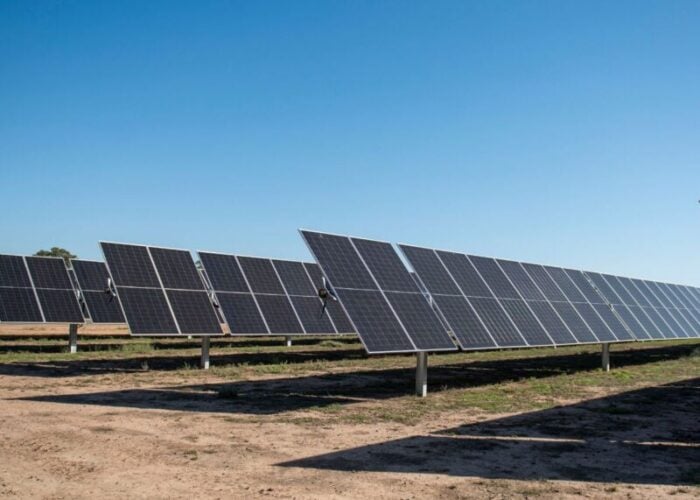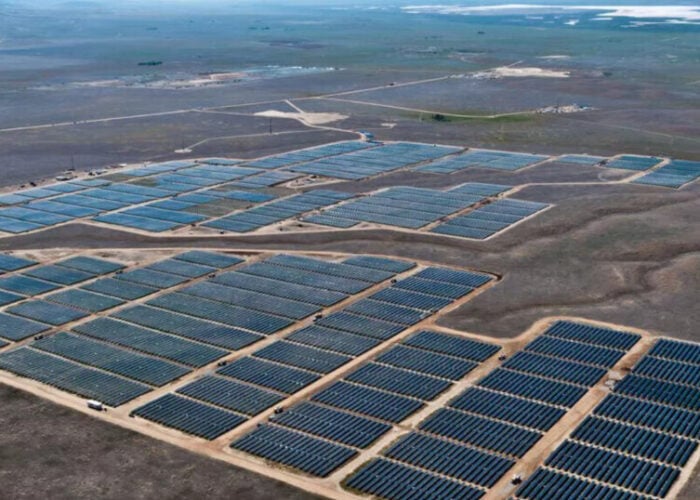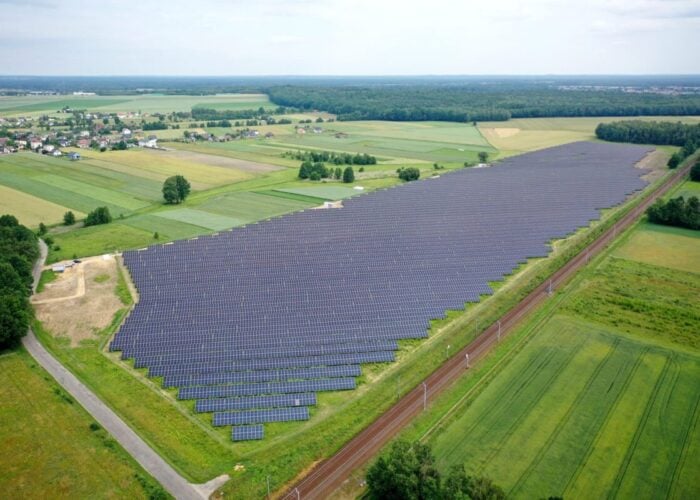The Solar Energy Industries Association (SEIA) announced its support for new legislation presented in the Massachusetts State Senate and House of Representatives that would permit public and private distributed generation (DG) projects to continue, while also expanding the solar energy industry across the state.
The state's net metering policy is currently capped at 330MW each for public and private projects.
Try Premium for just $1
- Full premium access for the first month at only $1
- Converts to an annual rate after 30 days unless cancelled
- Cancel anytime during the trial period
Premium Benefits
- Expert industry analysis and interviews
- Digital access to PV Tech Power journal
- Exclusive event discounts
Or get the full Premium subscription right away
Or continue reading this article for free
The new legislation, titled “An Act Relative to Net Metering” (S2019 and H3901), will allow consumers to get easier access to the net metering program, according to SEIA.
Carrie Cullen, SEIA’s senior vice president of state affairs, said: “SEIA fully supports the legislation proposed by Sen. Anthony Petruccelli and Rep. Frank Smizik, and we believe it will provide a quick resolution to the logjam of solar projects currently being held up across Massachusetts…Extending the net metering cap will enable municipalities and other customers to pursue the benefits of solar power, and it will help to achieve the Governor’s goal of 1,600MW of solar energy by 2020. In addition, SEIA supports the bill’s provision for a commission to look at net metering.”
Net metering allows consumers of certain electricity distributors to generate their own power in order to counterbalance their total electricity usage. This could help lower a consumer’s electricity bill by reducing the amount of energy that the consumer purchases from an electrical company.
PV project growth has continued to grow in Massachusetts over the last few years due to advantageous policies such as net metering and solar renewable energy credits (SRECs), which have attracted developers and other important parties to the state.
However, the current net metering cap will likely slow growth critics say, as the public cap for projects in the state has already been reached, preventing many communities from taking part in the programme.
A new SEIA report released last week revealed that Massachusetts has now installed more than 464MW of solar facilities throughout the state, producing enough energy to power 70,650 homes. While Massachusetts is the seventh smallest state in the US, it currently ranks fifth in the nation when it comes to solar capacity.
The Bay State is continuing to establish itself as a leader in solar energy development. It currently has 286 solar companies, as well as 8,400 employees, at work throughout the Commonwealth. US$476 million was invested into installing solar projects in the state in 2013, a 52% increase over the previous year.






